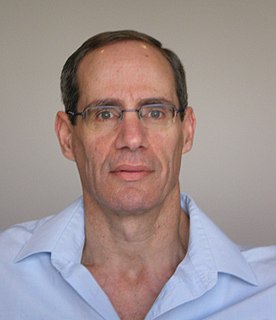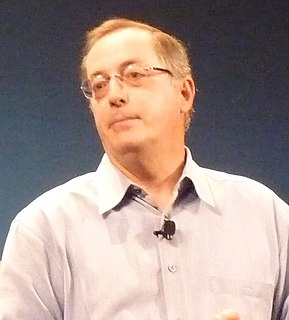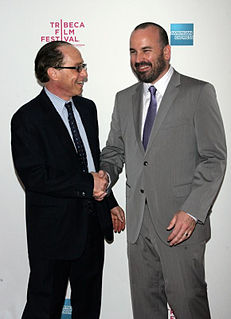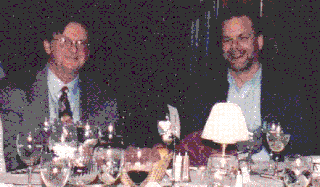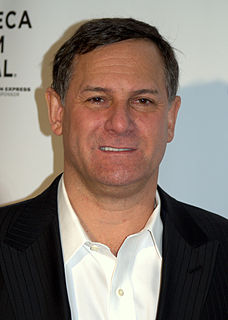Top 1200 Personal Computers Quotes & Sayings
Explore popular Personal Computers quotes.
Last updated on April 14, 2025.
At the age of 5, when I was in kindergarten, I often used to pass by the computer labs and see students doing work on computers. I realized that calculation, which would take us a long time to do, can be done in less than a second with the help of computers. So that is how my interest in computers began.
In our age of individualism, we see computers as ways through which we can express our individuality. But the truth is that the computers are really good at spotting the very opposite. The computers can see how similar we are, and they then have the ability to agglomerate us together into groups that have the same behaviours.
There is a popular cliché ... which says that you cannot get out of computers any more than you have put in..., that computers can only do exactly what you tell them to, and that therefore computers are never creative. This cliché is true only in a crashingly trivial sense, the same sense in which Shakespeare never wrote anything except what his first schoolteacher taught him to write-words.
Everything is being run by computers. Everything is reliant on these computers working. We have become very reliant on Internet, on basic things like electricity, obviously, on computers working. And this really is something which creates completely new problems for us. We must have some way of continuing to work even if computers fail.
Eventually, we need to have computers that work differently from the way they do today and have for the past 60-plus years. We're capturing and generating increasingly massive amounts of data, but we can't make computers that keep up with it. One of the most promising solutions is to make computers that work more the way brains work.
In physics, one of the most exciting areas is in nanotech. With computers exhausting the power of silicon, Silicon Valley could become a Rust Belt, unless we can find replacements, such as quantum computers and molecular computers. To be a leader in any field, one has to have a great imagination. Sure, we have to know the basics and fundamentals. But beyond that, we have to let our imagination soar.










